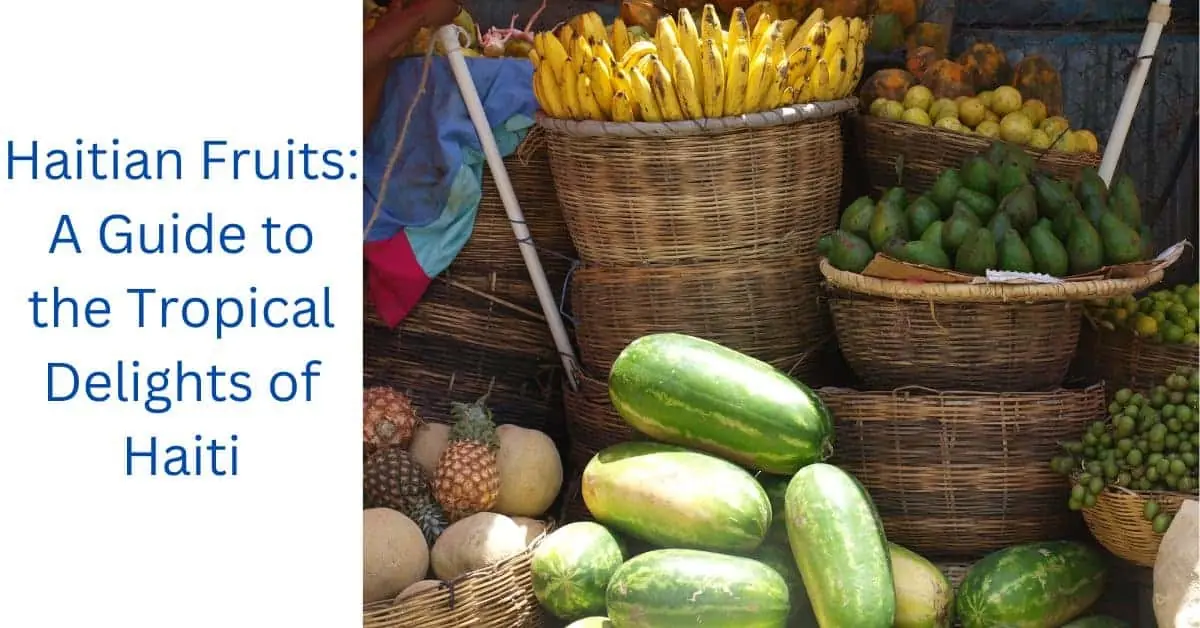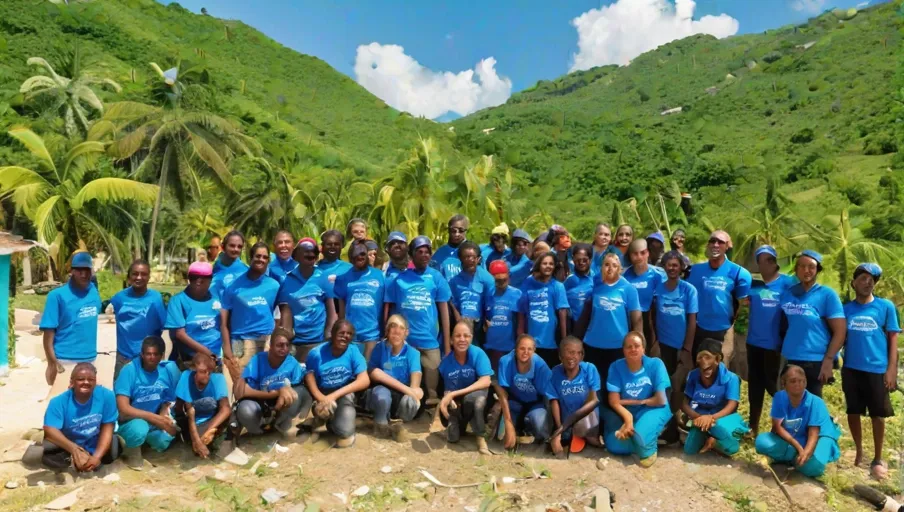
In today’s global landscape, volunteering in Haiti holds immense potential for creating positive change. This article explores the transformative impact of volunteering on the lives of Haitians and emphasizes the importance of approaching such opportunities with the right mindset and intentions.
By focusing on key aspects such as preparation, research, sustainable change, relationship-building, and self-reflection, readers will gain valuable insights on maximizing their impact.
Understanding the local context, engaging with the community, and prioritizing long-term partnerships are crucial to unlocking the power of volunteering in Haiti.
- Conduct thorough research on the current situation in Haiti and establish direct contact with people on the ground
- Understand that volunteering should not come from a place of saving but rather focus on listening, understanding, and helping the local community
- Identify your skills and passion that can contribute to sustainable change and prioritize teaching skills that will enhance the daily lives of Haitians
- Be mindful of the time spent in Haiti, nurture relationships, and prioritize organizations that are based in and work with communities
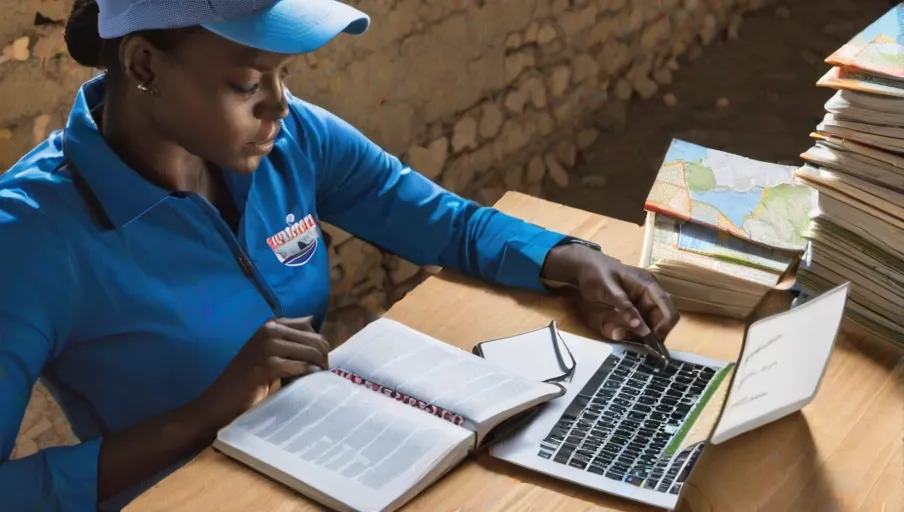
One of the key steps in preparing for volunteering in Haiti is conducting thorough research on the current situation, ensuring a comprehensive understanding of the challenges and opportunities at hand.
By using research techniques and establishing direct contact with people on the ground, volunteers can gather valuable insights and data to inform their efforts. Research techniques may include studying reports and articles, analyzing social and economic indicators, and connecting with local organizations and individuals.
Direct contact allows volunteers to gain firsthand knowledge of the specific needs and aspirations of the Haitian community. This information is crucial in designing effective and impactful volunteer projects.
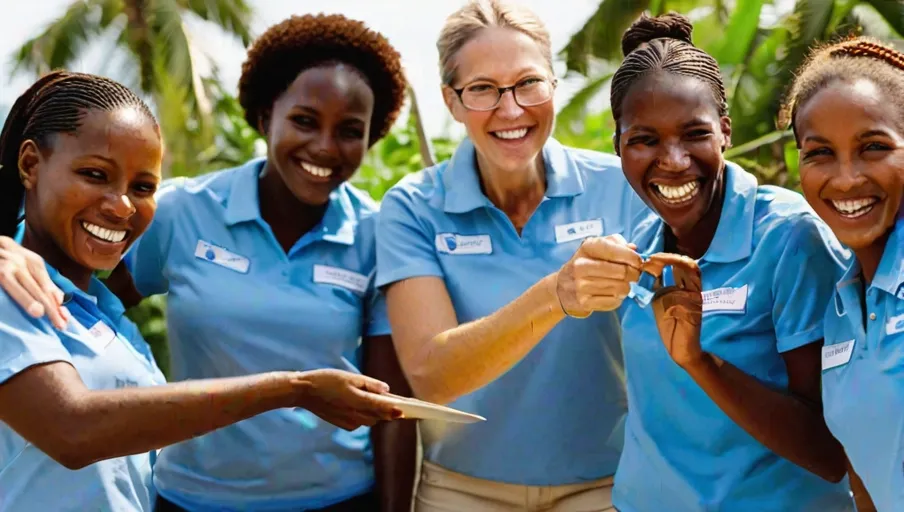
Volunteering with genuine intentions involves actively listening, understanding, and supporting the local community, ensuring that our efforts are focused on their needs and aspirations.
To volunteer with the right intentions in Haiti, it is crucial to seek guidance from the locals themselves. By engaging in conversations and actively listening to their perspectives, we can avoid stereotypes and gain a deeper understanding of their unique challenges and aspirations. This approach allows us to tailor our efforts to their specific needs and prioritize sustainable change.
It is important to remember that volunteering should not come from a place of saving or imposing our own ideas, but rather from a genuine desire to support and uplift the local community. By seeking guidance and avoiding stereotypes, we can ensure that our volunteer efforts in Haiti are truly impactful and empowering.
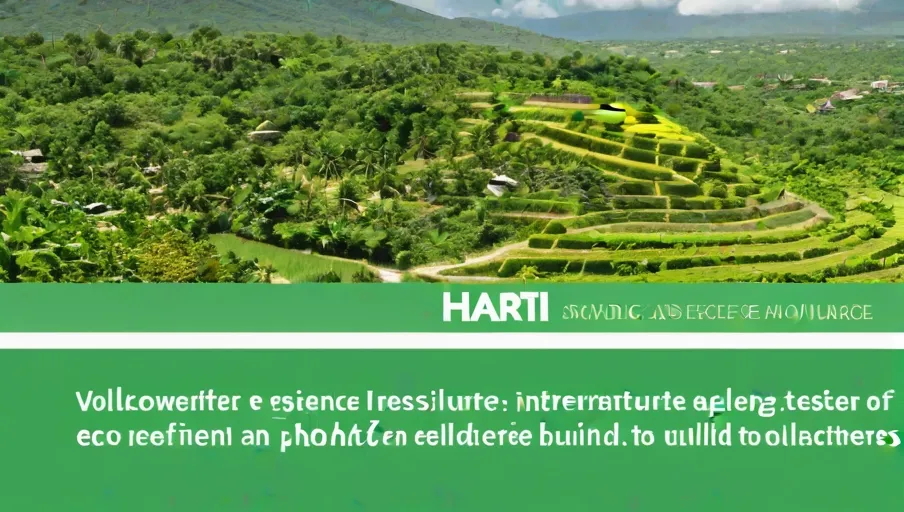
To facilitate sustainable change in Haiti, it is crucial to identify and utilize our unique skills and passion to directly support disenfranchised Haitians, considering their daily realities and empowering them through skill development.
- Identify Skills and Passion: Take the time to understand your own skills and passion and how they can contribute to sustainable change in Haiti. Whether it’s teaching a trade, providing healthcare services, or offering business mentorship, identify the areas where you can make the greatest impact.
- Direct Support: Find opportunities to directly support disenfranchised Haitians. This could involve volunteering with local organizations, partnering with community leaders, or supporting grassroots initiatives. By working directly with the people affected, you can better understand their needs and provide targeted support.
- Consider Daily Realities: Take into account the daily realities that Haitians face, such as limited access to education, healthcare, and employment opportunities. Tailor your skills development programs to address these challenges and empower individuals to overcome them.
- Empowering Communities: Focus on empowering communities through skill development. Provide training and resources that enable Haitians to become self-sufficient and actively participate in their own development. By equipping individuals with valuable skills, you can help them break the cycle of poverty and create sustainable change in their communities.
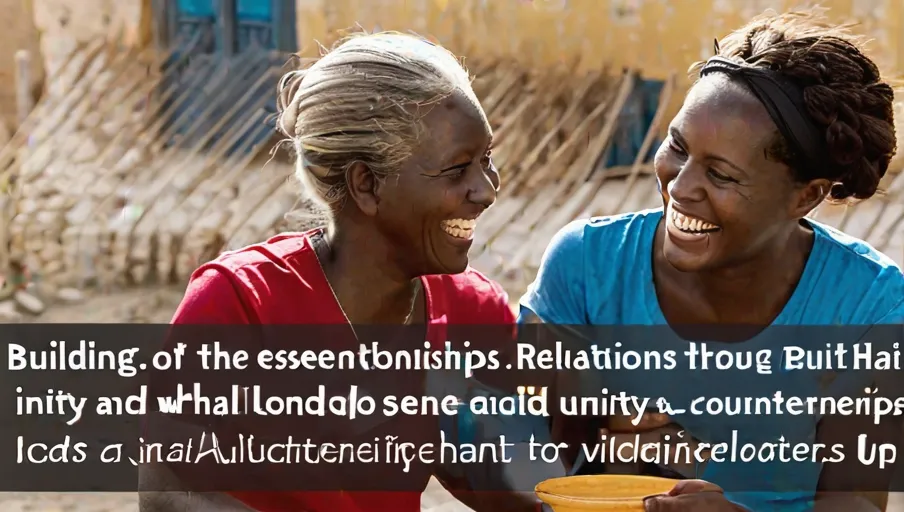
The key to building relationships in Haiti is to be mindful of the time you spend there and to actively nurture those connections. Cultural immersion and fostering connections are crucial elements in creating meaningful and sustainable partnerships in Haiti.
By immersing themselves in the local culture, volunteers can gain a deeper understanding of the needs and aspirations of the Haitian people. This understanding allows for more effective collaboration and the development of initiatives that truly address the community’s challenges.
Actively fostering connections means going beyond surface-level interactions and investing in long-term relationships. It involves regular communication, mutual trust, and a genuine commitment to supporting the local community.
Through cultural immersion and fostering connections, volunteers can contribute to positive change and empower the Haitian people to build a better future.
| ———————-| —————– | —————– |
| Cultural immersion | Fostering connections | Building trust |
| Understanding needs | Long-term partnerships | Mutual respect |
| empowerment, | sustainable impact
This table evokes an emotional response by highlighting the essential elements of building relationships in Haiti. It emphasizes the importance of cultural immersion, fostering connections, and building trust.
The words in the table evoke a sense of empathy, compassion, and determination to make a positive impact. By focusing on these aspects, volunteers can create lasting change and contribute to the growth and development of Haiti.
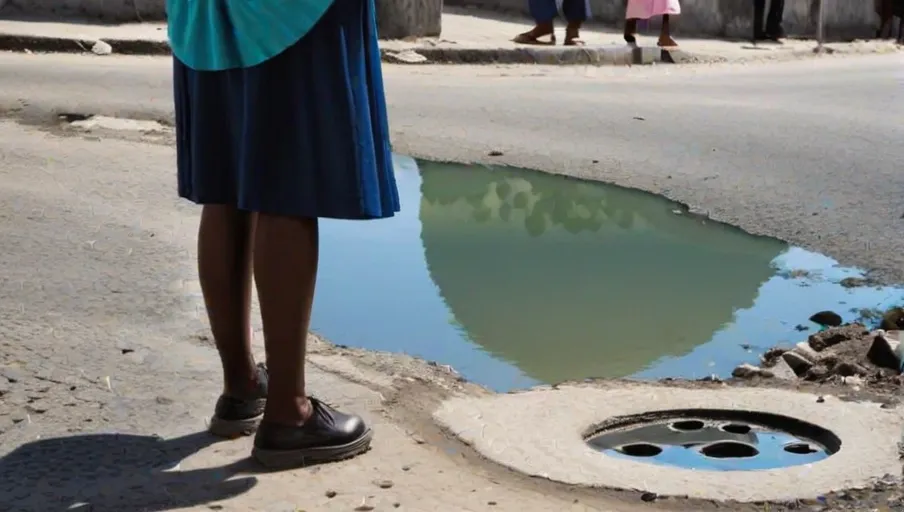
In order to make sure that our motivations for volunteering in Haiti are based on altruism rather than self-interest, we must reflect on ourselves as individuals. It is crucial to assess our intentions and ensure that we are impact-driven in our approach to volunteering.
Here are four key points to consider:
- Assessment: Take the time to reflect on your reasons for volunteering in Haiti. Recognize if you have something special to offer that a local worker cannot do. This assessment will help you align your efforts with the needs of the community.
- Impact-driven: Prioritize the well-being of the local community above personal gain. Focus on making a difference and ensuring that your actions have a positive and sustainable impact.
- Preparation and Research: Conduct thorough research on the current situation in Haiti and establish direct contact with people on the ground. This will help you navigate the country more effectively and identify trustworthy organizations with a track record of success.
- Supporting Sustainable Change: Identify your skills and passion that can contribute to sustainable change. Seek opportunities to directly support disenfranchised Haitians and teach skills that will enhance their daily lives and empower them.

